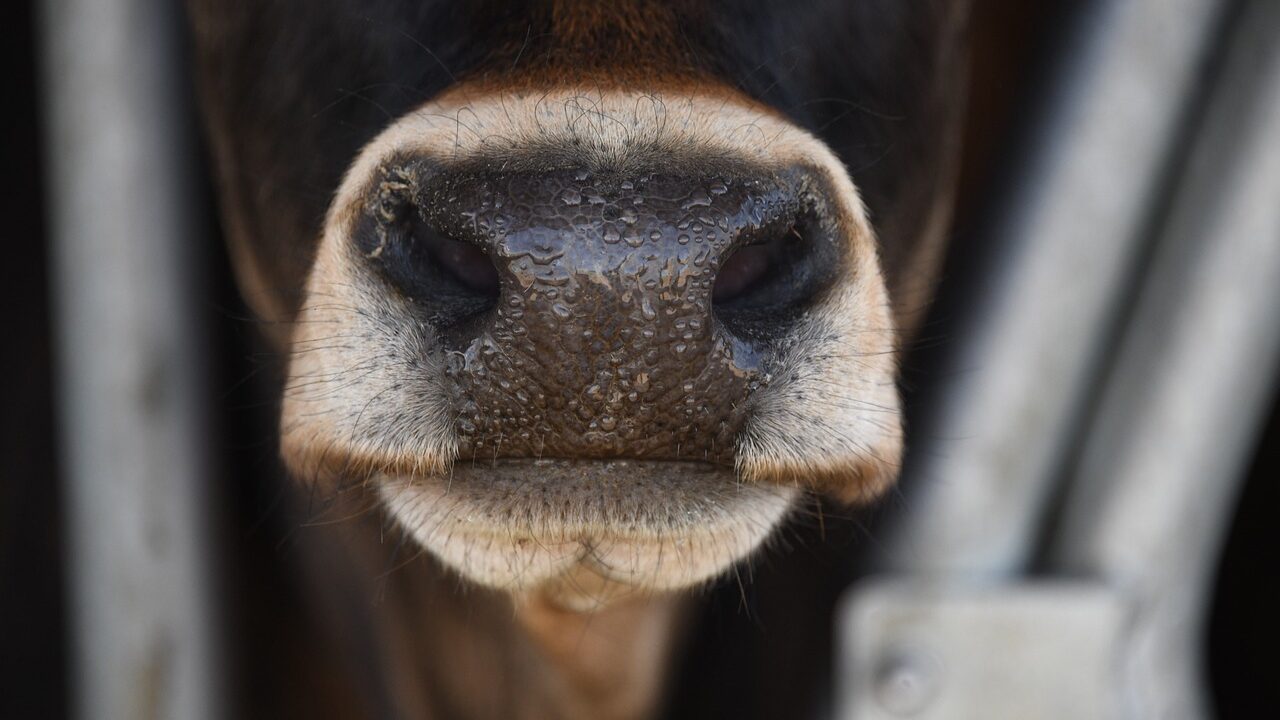The government in Wales has confirmed changes to its policy in relation to bluetongue virus controls which will come into force next week.
From Friday, June 20 any animals susceptible to the virus moving from a bluetongue restricted zone to Wales to live will require a specific movement licence and valid pre-movement test at the keeper’s expense.
If an animal is showing clinical signs on the day of transport they cannot move to Wales.
The government said that the exemptions to pre-movement testing have been extended to June 19.
This is to allow livestock keepers sufficient time to prepare for the upcoming changes.
Bluetongue
Bluetongue virus (BTV) is an infectious, non-contagious, vector-borne viral disease.
It affects wild and domestic ruminants such as sheep, goats, cattle, deer and camelids. It does not infect humans and there is no risk to public health or food safety.
From July 1, 2025 the bluetongue restricted zone will expand to cover all of England.
The Deputy First Minister of Wales Huw Irranca-Davies said he regretted that the current approach which has helped to keep the virus away from the Welsh border cannot be maintained.
“In practical terms, it means we will lose the security of having a two-county buffer between potentially infected livestock in England and the Welsh border.
“This change increases the risk of disease incursion into Wales, either through the movement of infected livestock, or the ingress of virus carrying midges from across the border,” he said.
Irranca-Davies acknowledged that “it does not seem feasible or realistic that we can keep the disease out forever, which would involve prohibiting all livestock movements to live from the RZ in England”.
“Given the available evidence and the valuable feedback of the veterinary and livestock sectors, my decision is to attempt to hold back the disease for as long as we can,” he said.
The Welsh government said that controls such as use of insecticides at approved markets or in vehicles and abattoirs are not required until July 1.
While the requirement for slaughterhouses to be designated to receive animals from the restricted zone remains suspended until July 1.
Virus
Bluetongue virus can be spread by certain species of biting midges (Culicoides species). Many of which can be found throughout Britain.
Midges are infected with the virus when they bite an infected animal. The virus spreads when the infected midge then bites an uninfected susceptible animal. Once a midge has picked up the bluetongue virus it will be a carrier for the rest of its life.
Midges are most active between April and November. The weather affects how quickly and how far midges can spread the disease.
Bluetongue virus can also be spread through the movement of infected animals, and through biological products such as blood, semen, eggs or embryos and by imports from countries where the virus may be circulating undetected.
Farmers are urged to contact their local Animal and Plant Health Agency (APHA) office immediately if you an animal is affected.
Adult cattle may serve as a source of virus for several weeks while displaying little or no clinical signs of disease. They are often the preferred host for insect vectors.
The following clinical signs may be present in cattle:
- Lethargy;
- Crusty erosions around the nostrils and muzzle;
- Redness of the mouth, eyes and nose;
- Reddening of the skin above the hoof;
- Nasal discharge;
- Reddening and erosions on the teats;
- Fatigue;
- Fever;
- Reduced milk yield;
- Loss of appetite;
- Abortion.
The following clinical signs may be present in sheep:
- Ulcers or sores in the mouth and nose;
- Discharge from the eyes or nose and drooling from the mouth;
- Swelling of the lips, tongue, head, neck and coronary band (where the skin of the leg meets the horn of the foot);
- Red skin as a result of blood collecting beneath the surface;
- Fever;
- Lameness;
- Breathing problems;
- Abortion;
- Death.

